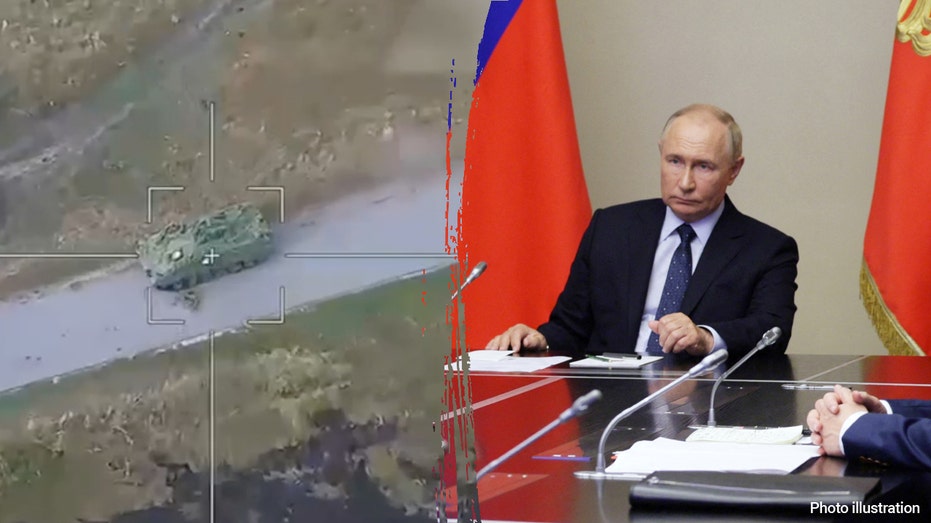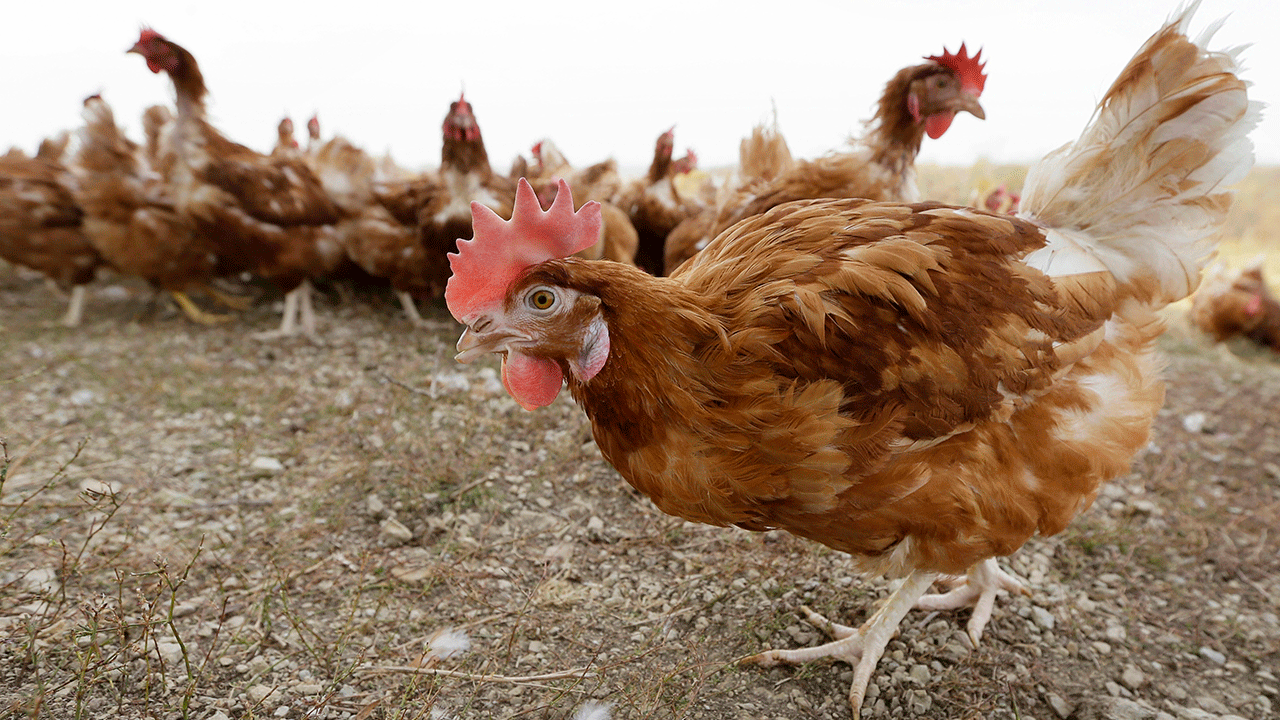Putin under pressure as Ukraine incursion continues, may give Kyiv bargaining chips in peace talks: experts
The incursions into Russian territory might allow Ukraine to retake some territory as Moscow shifts its forces, but one expert argued the attack could strengthen Putin, too.

Moscow has deployed troops to the Kursk region after a Ukrainian incursion into Russian territory that has raised major questions for the Kremlin and handed Kyiv a major opportunity.
"Given the significant disparity of combat potential favoring Russia on the battlefield, Ukrainian forces appear to be switching to, or at minimum, intensifying, unconventional warfare, bringing war deeper into Russia," Rebekah Koffler, a strategic military intelligence analyst and author of "Putin’s Playbook," told Fox News Digital.
"With the latest surprise incursion into Kursk oblast, Zelenskyy likely aims to demonstrate to Putin that as long as there’s no peace in Ukraine, the Russian people will not sleep peacefully either," Koffler said. "Kyiv is probably also seeking to beef up its negotiating position in a potential peace settlement with Moscow."
Russia pulled from a group of unspecified operational reserves, including units from conscripts, former Wagner members and a number of special forces, including the Chechen special forces unit Akhmat, according to online newspaper Ukrayinska Pravda.
Ukraine launched incursions into Kursk, Belgorod and Bryansk on Tuesday and shows no signs of slowing down after four days. The events have put the Russian military command under fire over the intelligence and tactical lapses that allowed such an attack to happen.
Ukrainian troops have seized an estimated 100 square miles of territory, The Washington Post reported.
A Russian military blogger speculated that Russia may have drawn on forces that had gathered for an offensive in the northern Kharkiv Oblast.
UKRAINE BREACHES RUSSIAN BORDER NEAR MAJOR GAS TRANSMISSION HUB, DEFENSE OFFICIALS SAY
A retired U.S. Army sergeant major told Fox News Digital that Russia and Ukraine had returned to a stalemate – which has plagued the two sides each year since the invasion started in 2022 – but that Russia has focused so much of its forces on the front that any strike that hits along the border will thoroughly test the Russian forces.
The sergeant major suggested that Ukraine took a calculated risk attacking near Kursk to see if Russia could absorb the stress, citing the "Wagner debacle" last year when then-Wagner forces chief Yevgeny Prigozhin took a small force and marched within 125 miles of Moscow with seemingly little resistance.
"Look how far Wagner group got," the expert said. "I believe they could have made it to Moscow but for Putin cutting some kind of deal that got them to stop. . . . I’m betting that event got the wheels turning for this plan in Kursk."
Moving the war closer to the Russian population might unsettle them as they feel the war hit home and hopefully create major domestic disruption for the Russian government, creating two fronts for the Kremlin and dividing the government’s focus, he said.
FIRST ROUND OF US-MADE F-16S LAND IN UKRAINE AS WAR WITH RUSSIA RAGES ON
"There’s a massive Ukrainian online operation – maybe on the ground – trying to get war protests fired up," the expert said. "This all puts pressure on Putin."
Some Russian military bloggers have raised concerns that this incursion could create a major distraction and draw significant resources to reclaim. Koffler cautioned that these attacks, rather than weakening Putin’s position, could actually strengthen his claims about Ukraine.
Koffler argued that Putin "will take advantage of this opportunity to tell the Russian people that it is exactly why Ukraine must be crushed, defeated decisively. This is why they need to continue making sacrifices by going on the front lines to fight against Ukrainians."
"The Russian media is already blaming the United States for being behind this Ukrainian operation," Koffler said. "So the vicious cycle will continue, bringing more and more destruction and increasing the risk of escalation into a larger-scale war in Europe that could drag NATO and the U.S. in."



